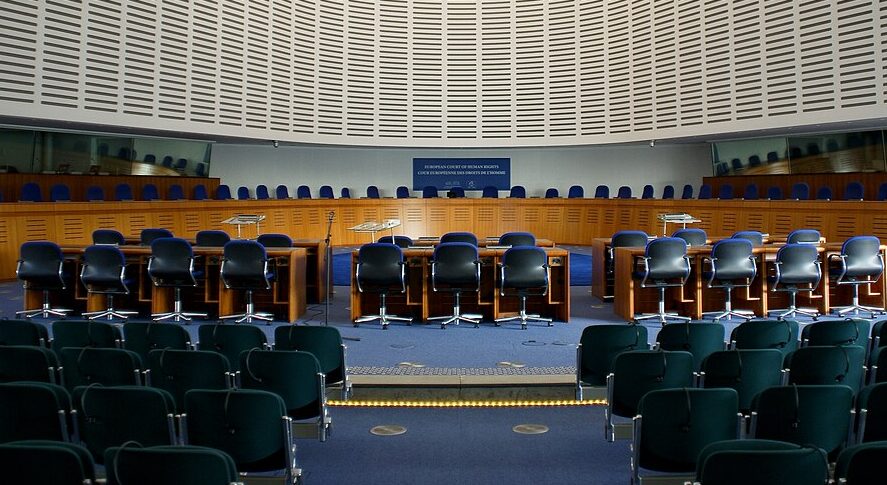Costs recovery lawyers suffer blow in failed bid to challenge £700k in legal invoices
A London court has dismissed an attempt to challenge almost £700,000 in legal fees issued by top law firm Howard Kennedy LLP, delivering a decisive victory for the firm. In a detailed ruling in Mehta v Howard Kennedy LLP, Costs Judge Whalan found the firm’s invoices were valid statutory bills, not subject to court assessment under the Solicitors Act.
Vishal Mehta, represented by costs challenge firm checkmylegalfees.com, sought to have outstanding invoices assessed. The claim marked a significant departure from the firm’s usual low-value personal injury cases, involving instead high-stakes litigation linked to an alleged US$1 billion fraud.
Mehta instructed Howard Kennedy in 2022, but the firm ended the retainer 11 months later. Over that time, 24 invoices totalling more than £3.1 million were issued. Thirteen had been paid more than 12 months before Mehta brought the challenge — a key point for the court.
Embed from Getty ImagesHoward Kennedy argued those paid invoices were statutory bills, final for each period and not subject to assessment. The firm also maintained that the remaining unpaid invoices were clearly detailed, meeting the statutory requirements. Judge Whalan agreed, noting the invoices were regular, itemised, and sufficiently detailed to inform Mehta of his accumulating liability.
Mehta’s legal team contended that the bills were not final but instead a single entire bill disguised as multiple interim ones. They pointed to language in the retainer referencing “value” and “importance” to support their claim. However, the judge rejected this argument, affirming the invoices’ clarity and the firm’s contractual right to issue final statute bills.
Further, Mehta argued the retainer was a “contentious business agreement” under the Solicitors Act 1974, which would allow the court to assess its fairness and reasonableness. Again, the judge rejected this, concluding no such entitlement existed and no court assessment was required.
Lastly, Mehta attempted to argue that “special circumstances” warranted judicial scrutiny, given the fees far exceeded original estimates. Judge Whalan dismissed this too, citing Mehta’s awareness of the invoices, the detailed breakdowns provided, and the fact he had already paid approximately 80% of the total billed.
This ruling closes another chapter in the growing scrutiny of law firm billing, especially as firms like checkmylegalfees.com continue to probe high-value costs in larger commercial disputes. For now, Howard Kennedy stands vindicated in its billing practices, with the court confirming its position.




